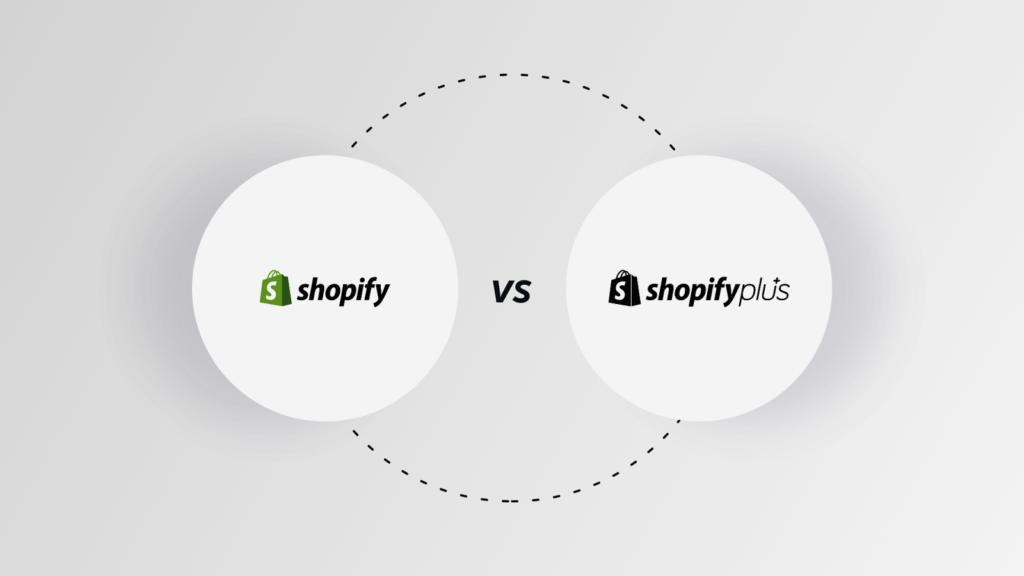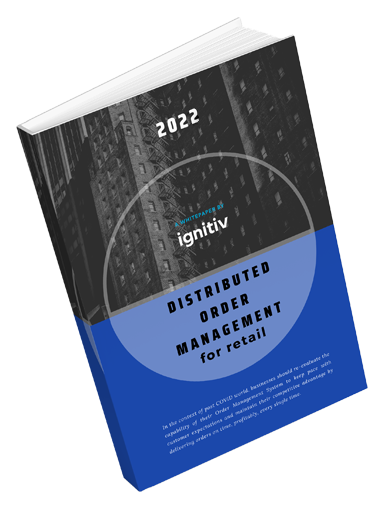How To Choose The Distributed Order Management System (DOMS) Right For Your Needs?
Today, retail experience with eCommerce leaders like Amazon has made the customers used to a silky-smooth buying process. As physical stores and eCommerce platforms are coming together for omnichannel retail the smooth blending of the buyer journey across multiple platforms without hindering quality customer experience is now imperative.
This is the key use case for a distributed order management system or DOMS. A DOMS is designed such that it can unify your business in the new era of omnichannel commerce while offering a great customer experience and driving brand trust. In the complex omnichannel retail environment, distributed order management can help meet many demands efficiently.
A DOMS is the order management tool or software that can help streamline the overall supply chain by automating various processes from order to cash. It can help you track your sales, orders, order splitting, order routing, inventory management, stock update, reordering, and shipping.
Do you need a distributed order management system?
In the modern business climate, retailers require DOMS to address gaps in multiple areas of the operations. But before we know more about how to choose the right order management system for your company, let’s figure out if you even need it. The retailers with the following elements can benefit greatly from a Distributed Order Management System (DOMS):
Large number of product suppliers
If your company has several suppliers, then you need specific tools to manage your complex vendor relationships, product data, and orders.
A multi-warehouse structure
For businesses with multiple warehouses or locations (including stores) from where deliveries can be fulfilled, keeping a manual track of your inventory is not at all an option. DOMS can give them a bird’s eye view for simple inventory management.
Increasing SKU portfolio
Small businesses can do well with spreadsheets, but as the product SKUs start hitting hundreds and thousands, DOMS can come in handy.
Scattered data
It is hard to grow with fragmented data architecture. If you’re hitting roadblocks due to data management issues, it is time to try out DOMS.
Existing system not centrally connected
The whole idea of omnichannel retail is to offer seamless connectivity. If your processes are not in sync, DOMS can bring them together.
How to choose the right DOMS for your needs?
Now that you are convinced that you require DOMS for your business, you may be wondering how to pick the right solution for your needs?
Here are some detailed steps to follow:
Define your priorities and objectives
The first step to get started is by knowing what you want to achieve with the software. Try finding answers to the following questions:
- What does the system do?
- What problems can it solve for you?
- Will the solution demand extensive monetary investment, alongside putting in other resources like time?
Also, try to involve your team at this very stage and understand how they can benefit from a DOMS.
Market study
As the market is filled with options, it is quite easy to get confused. Many order management systems don’t go well with specific industries. So, you have to conduct a market study and choose a DOMS that can support your whole business from one location. It is very convenient that for most cases, a dynamic system like Kibo Order Management can fulfill your needs as it is one of the best order management solutions for 2021.
Available options for integration with the current system
If you already have warehouse management software or some kind of accounting software, it will be convenient if your choice for order management system is compatible with all these other systems. Several DOMS come with pre-built integration options, so that can be good to look out for.
Free trials and demos
This could be the most involved part of your decision-making process. Once you have shortlisted the available DOMS according to your needs, look for trial versions, demo applications, and talk to the service providers for query resolution. Instead of getting blown away by the plethora of features that these order management systems offer, weigh them against your needs. You can also create a requirements matrix and tick them off, as you try all the shortlisted DOMS. Make sure to check if the system is user-friendly, error-free, satisfying to use, reliable, efficient, and easy to learn.
Compare service quality
Your DOMS should not only offer order management services but also fit your support requirements alongside proposing other features. Some DOMS support different types of manufacturing processes, some have highly evolved automation services, while some are great at adding new features. Your choice of DOMS can drive significant changes in your whole business model, so compare all services thoroughly to optimize your customer experience.
Scalability and security
To make a future-proof decision, it is essential to look for DOMS that are scalable. These systems should evolve as your business grows. You should consider how big your business is, right now, and the rate at which it is growing to predict the required scalability of the DOMS. Also, conduct in-depth research on the security policies of all the DOMS that you shortlist. Seek professional help, if required.
Negotiation
This is the final stage of your deal, so start looking into the fine details. Look at the support level, payment plans, service availability, implementation time, clientele, and available reviews. Also compare all probable costs like support, implementation, and licensing. Once you have everything figured out, find your best pick!
Why Retailers Need Distributed Order Management Systems Today (More Than Ever Before)
Wrapping Up
Order management is now an indispensable part of the order fulfillment processes, as it defines how customers perceive your business in the post-delivery world. This is why many companies prefer to future-proof their businesses with Distributed Order Management System (DOMS) like Kibo Order Management. The best part about Kibo OM is its ease of usage, quick deployment, dynamic fulfillment model, and cloud-based solutions. Join their catalog of 1000+ brands trusting Kibo OM for growing their business, right away!








